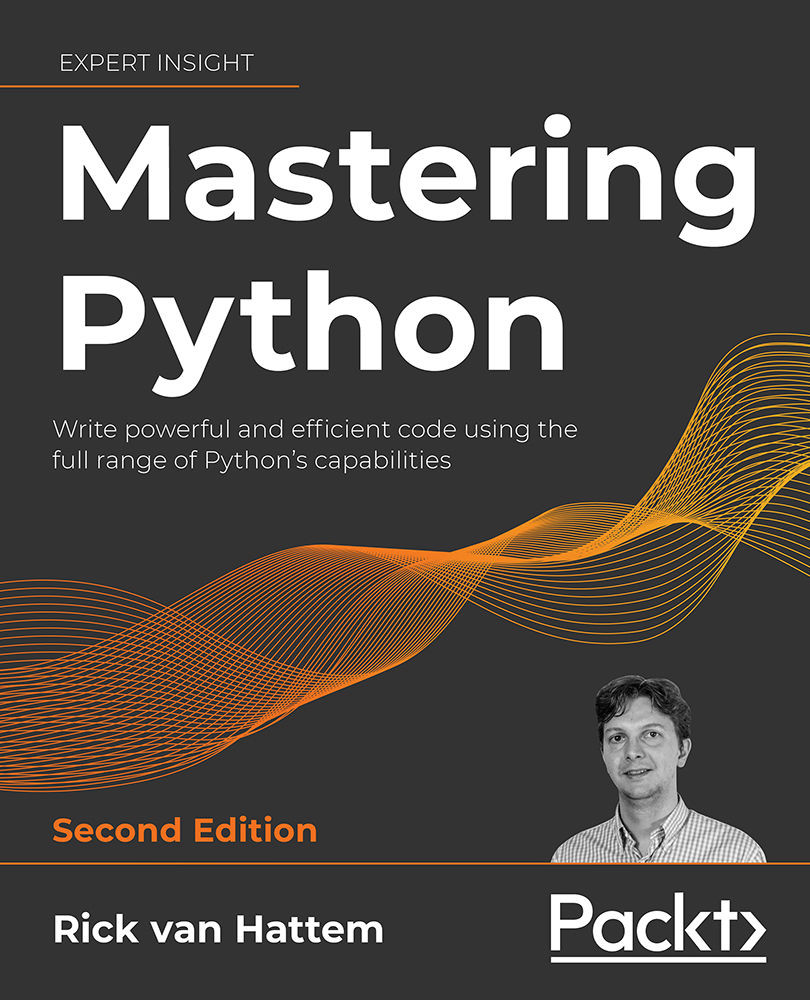Python 2.6 introduced the class decorator syntax. As is the case with the function decorator syntax, this is not really a new technique either. Even without the syntax, a class can be decorated simply by executing DecoratedClass = decorator(RegularClass). After the previous sections, you should be familiar with writing decorators. Class decorators are no different from regular ones, except for the fact that they take a class instead of a function. As is the case with functions, this happens at declaration time and not at instantiating/calling time.
Because there are quite a few alternative ways to modify how classes work, such as standard inheritance, mixins, and metaclasses (read more in Chapter 8, Metaclasses – Making Classes (Not Instances) Smarter), class decorators are never strictly needed. This does not reduce their usefulness, but it does offer an explanation of why you will most likely not see too many examples of class decorating in the wild...



 Free Chapter
Free Chapter
